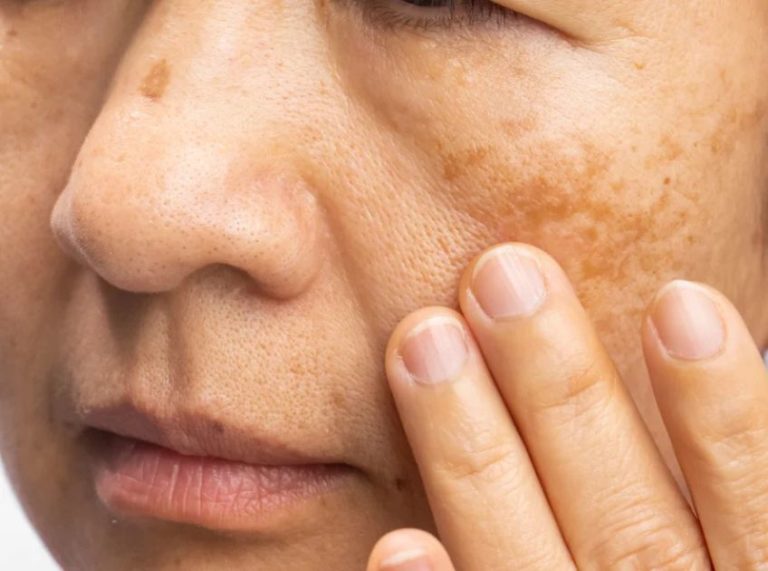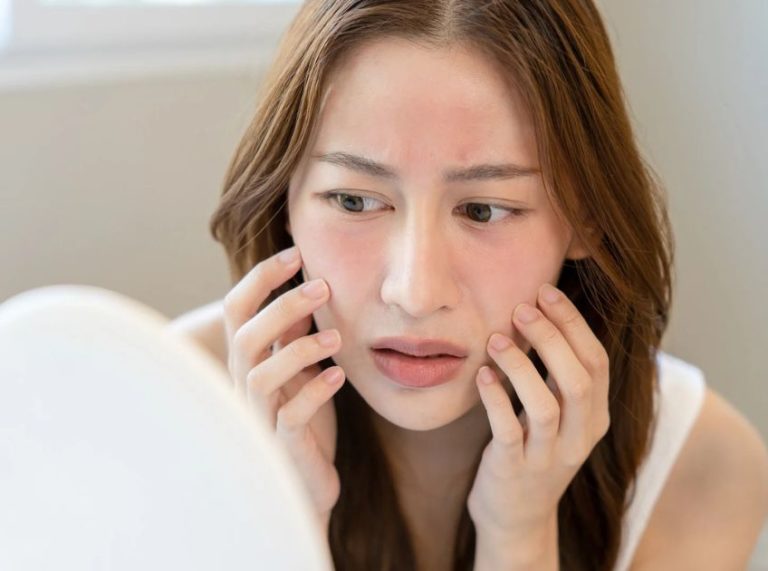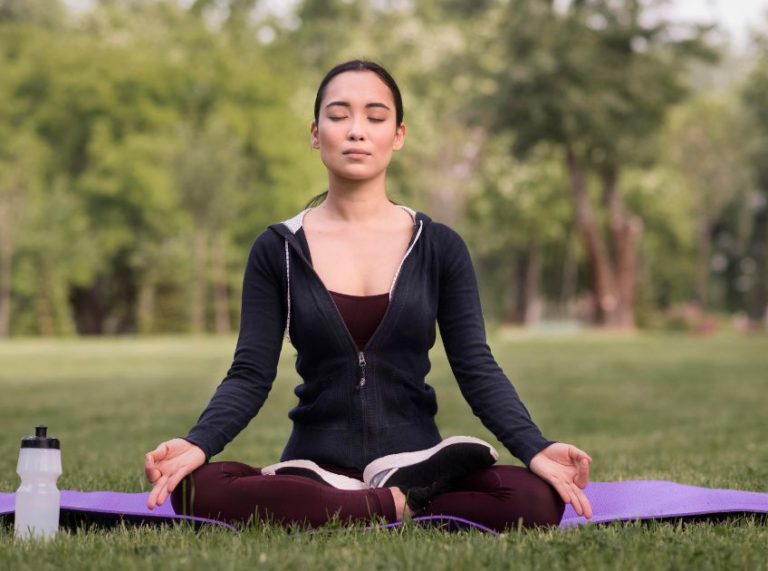
Important: This article is for informational purposes only. Please read our full disclaimer for more details.
An itchy throat and ear can irritate anybody because it interrupts the daily routine. The condition can arise due to multiple reasons. While in many cases home remedies work wonders, in others medical treatments help to reduce symptoms.
However, sometimes the symptoms could indicate a more severe problem that seeks immediate medical attention or a visit to an ENT specialist.
What Causes An Itchy Throat And Ear?

Allergies, viruses, and infections are the most common causes of an itchy throat and ears. However, some environmental factors also play a vital role in causing the problem.
Here is the detail of every factor that can cause itchy ears and throat-
1. Hay fever
In medical terms, hay fever is allergic rhinitis (1). It mainly occurs when a person’s immune system becomes very sensitive and can be triggered by allergens such as pollen. When the body is trying to fight the allergens, it can react and develop symptoms like swelling, irritation, and itching.
Depending upon the type of allergen, hay fever could be of two types. When the symptoms develop, determination of form can be done. These are-
- Seasonal hay fever: occurs when the air carries the pollen from grasses or trees and mold spores. Usually, it affects people in the spring season.
- Perennial hay fever: occurs when allergens such as dust mites, dander (pet hair), and mold are in the air. It can affect people at any time of the year.
Other Symptoms
If a person has an itchy throat and ears, they may have the following symptoms-
- Runny or blocked nose
- Sneezing
- Itchy or watering eyes
- A loss of smell
- A headache
2. Viruses and Infections
Viruses can cause infections that may lead to itchy throat and ears, but a person can experience other symptoms depending on the infecting virus. These are-
- Cold: Viruses of cold irritate the nose, throat, and ears. Persons with asthma, weak immune systems, and regularly stressed or tired are likelier to experience the cold.
- Sinusitis: A sinus infection also has symptoms similar to cold symptoms, with the addition of a blocked or runny nose. Swelling with pain can be experienced because the sinuses are cavities filled with air in the face.
- Ear infections: It is more likely to cause pain and itching. Pain more than itching is common in younger children.
3. Environmental Factors
Sometimes, an itchy throat can be experienced due to environmental factors that are not allergens. These include:
- Cigarette smoke.
- Perfumes.
- Strong-smelling laundry detergent.
- Strong-smelling cleaning products.
Home Remedies For Itchy Throat And Ear

People can try several medicines and home remedies to reduce or treat itching in their ears and throat. These include-
- Nasal sprays, decongestants, or humidifiers
- Honey and throat lozenges
- OTC ear drops
How To Stop An Itchy Ear And Throat
Medical consultation with a physician may help those who didn’t get relief from home remedies. A doctor may consider the following options to cure the symptoms:
1. Allergy
Prescribing medicines helps to manage allergy symptoms because there are no cures but preventive measures for allergies. Since itchy throat and ears can be the symptoms of an allergy, the doctor may prescribe medications such as antihistamines (2), decongestants (3) and nasal sprays.
If a person experiences severe symptoms, it may be a cause of Anaphylaxis (4) that requires immediate medical treatment. Its symptoms are the following-
- Vomiting
- Diarrhea
- Skin flushing
- Hives
- Difficulty breathing
- Throat swelling
- Tongue swelling
- A loss consciousness
2. Colds and Sinusitis
Common cold can’t be treated by medicines only. Therefore, it is advised to take following measures:
- Resting: When a person suffers from a cold their body needs a lot of energy to fight the infection. Resting can help to store energy.
- Drinking fluids: In colds, the body uses more fluid than usual to create that helps remove the virus from the body. Consuming extra fluids can help in this condition.
- Steaming: People could help ease their discomfort by breathing in steam.
How To Prevent Itchy Throat And Ear?
People can take several steps to prevent their ears and throat from itching. It can be done by preventing the causes of these symptoms.
1. Colds and Other Viruses
The risk of getting cold due to viral infection can be reduced by-
- Washing the hands regularly
- Covering the mouth when coughing or sneezing
- Avoiding people who have cold symptoms
2. Allergies
Avoiding the allergens is the most effective treatment. To treat pollen allergies-
- Keep the windows closed when there is a high pollen count.
- Wear sunglasses outdoors to prevent pollen from getting into the eyes.
- Wear a face mask if a high pollen count is outside.
- Do not dry clothes outside.
- Dander (pet hair) and dust allergy- It can be avoided by taking the following measures-
- Keep the pets outside the bedroom.
- Wash the bed often.
- Wear a mask while grooming the pets.
- Avoid keeping carpets in the home.
- For mold allergies
- Humidity should be less than 50%.
- Prevent mold from growing by cleaning leaks and spills.
- Regular deep cleaning of the house.
Risk Factors
Certain people are more prone to getting itchy throat and ear as they are susceptible to catching infection easily. For instance, allergies are more common in children, but their symptoms usually improve as they age.
Likewise, people with certain health conditions like asthma have a higher risk of developing an allergy. Also, if there is a family history of allergies the chances of passing the same gene to the next generations is more.
When To See A Doctor?
If a person has an itchy throat and ears with a fever lasting longer than four days, they should see a doctor. However, if the symptoms of sinusitis occur, it is advised to talk to a doctor to prevent the infection from worsening.
In case of additional symptoms, such as vomiting and struggling to breathe, there are chances of Anaphylaxis that require emergency medical attention.
Conclusion
Itchy throat and ears can have many causes. It can be treated by home remedies or medical treatment. If the symptoms are not severe, antibiotics and resting at home can help cure this condition. However, medical attention is needed if the symptoms are severe and intolerable.
Related Articles
- Home Remedies for Itchy Eyes: 7 Best Ways
- 7 Simple Home Remedies For Dry Itchy Scalp
- Why Do My Ears Get Hot and Red Suddenly? Causes and Treatment
- Ear Mites in Humans: Symptoms and Treatments















